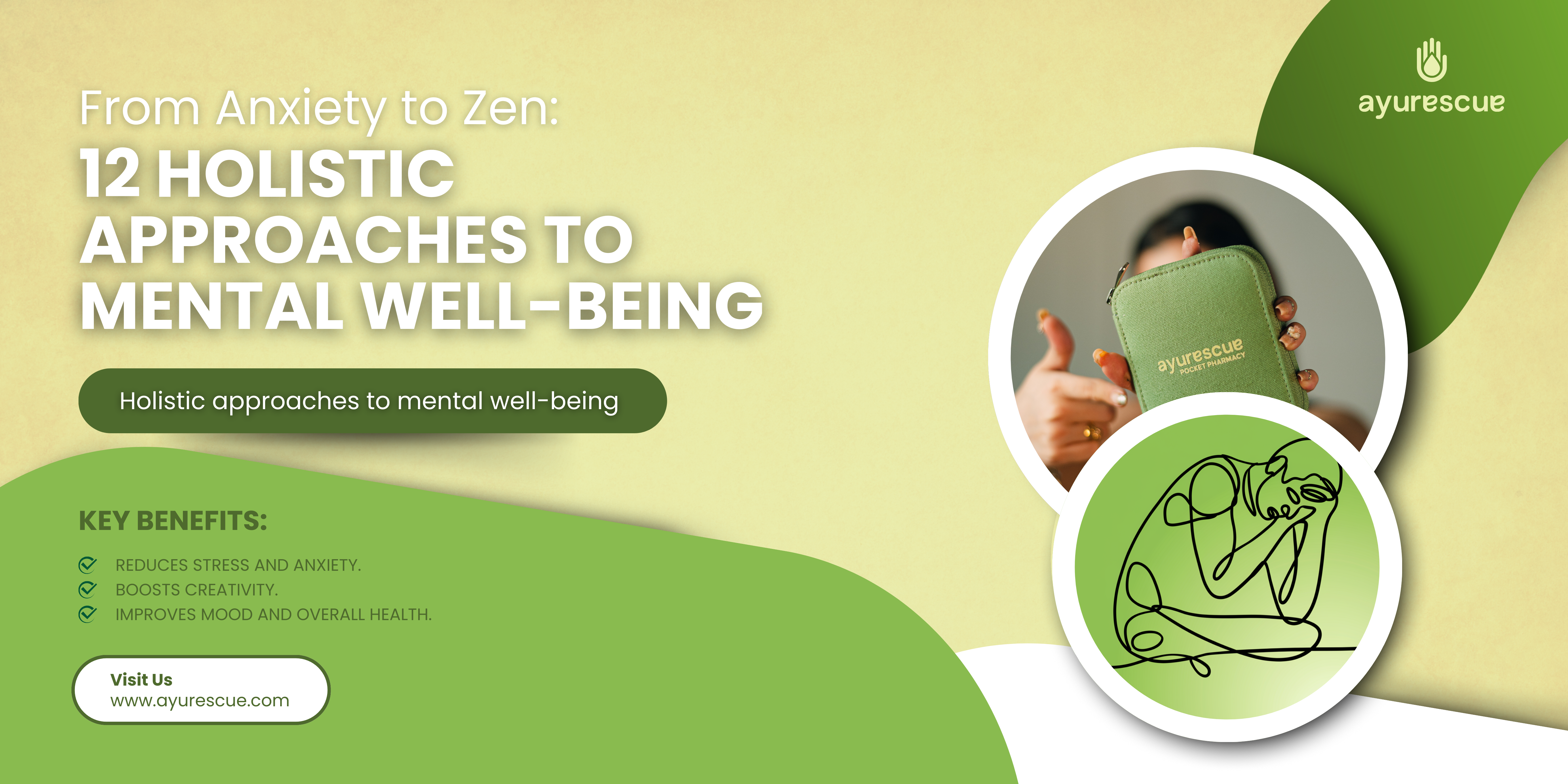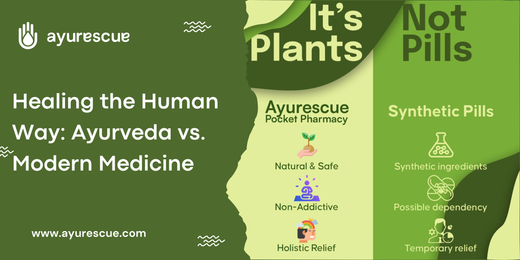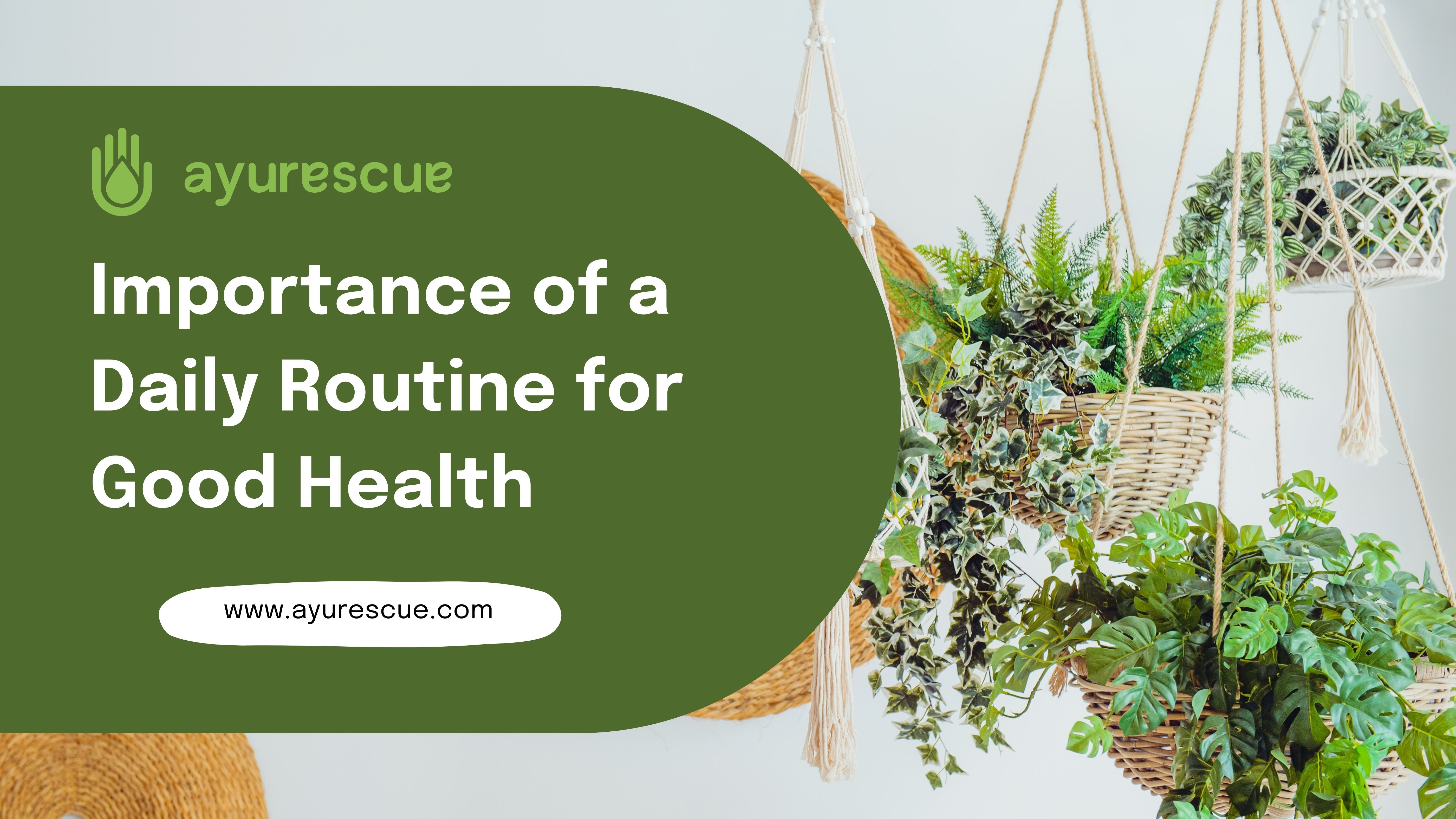
From Anxiety to Zen: 12 Holistic Approaches to Mental Well-being
Modern life often bombards us with stress and challenges that can harm our mental health. While traditional treatments like medication and therapy play vital roles, holistic approaches to mental well-being provide complementary and effective methods to enhance emotional resilience.
The Importance of Mental Well-being
Mental well-being is crucial for overall health. It influences how we think, feel, and act, affecting every aspect of our lives—from relationships to work performance. Prioritizing mental health reduces stress, improves productivity, and fosters stronger connections with others. Recognizing the significance of mental health is the first step toward a balanced and fulfilling life.
Understanding Holistic Health
Holistic health emphasizes treating the individual as a whole—mind, body, and spirit—rather than just addressing symptoms. By integrating physical, emotional, and spiritual well-being, holistic practices create harmony and balance. This approach aligns with the understanding that mental health isn’t an isolated issue but is interconnected with overall wellness.
Mindfulness and Meditation
Mindfulness and meditation have become cornerstone practices in holistic mental health. They focus on cultivating present-moment awareness and reducing anxiety.
Benefits:
Lowers cortisol levels.
Improves emotional regulation.
Enhances focus and clarity.
How to Practice:
Find a quiet space.
Sit comfortably with your back straight.
Focus on your breath or a mantra for 10-15 minutes daily.
The Role of Nutrition in Mental Health
What you eat significantly impacts your mental state. Nutrient-rich foods fuel the brain and stabilize mood.
Key Nutrients for Mental Health:
Omega-3 Fatty Acids: Tracked down in fish, pecans, and flaxseeds.
B Vitamins: Present in leafy greens and whole grains.
Magnesium: Found in almonds, bananas, and dark chocolate.
A balanced diet can decrease symptoms of anxiety and depression while boosting energy levels.
Physical Activity and Its Mental Benefits
Exercise isn’t just for the body—it’s a powerful tool for the mind too.
Benefits:
Releases endorphins, the body’s natural mood elevators.
Reduces symptoms of depression and anxiety.
Improves sleep quality.
Suggested Activities:
Daily walks in nature.
Yoga or Pilates.
Strength training and cardio sessions.
Aromatherapy for Relaxation
Aromatherapy uses essential oils to improve mental health by stimulating the brain’s limbic system.
Popular Essential Oils:
Lavender: Reduces stress.
Peppermint: Boosts focus.
Chamomile: Promotes relaxation.
How to Use:
Add a few drops to a diffuser.
Blend in with a carrier oil for a relaxing massage.
Add to a warm bath for calming effects.
Yoga: Mind-Body Connection
Yoga combines physical postures, breathing techniques, and meditation to foster mental clarity and relaxation.
Benefits:
Reduces stress hormones.
Improves flexibility and balance.
Enhances self-awareness.
Begin with beginner-friendly poses like child’s pose or downward dog and gradually progress to more advanced practices.
The Healing Power of Music Therapy
Music has a profound effect on emotions and can be a therapeutic tool for mental well-being.
Applications:
Listening to calming music during stressful times.
Using upbeat tunes to elevate mood.
Engaging in music-making, such as singing or playing instruments.
Research shows that music therapy improves mental clarity and emotional expression.
Cognitive Behavioral Techniques
Cognitive Behavioral Therapy (CBT) focuses on changing negative thought patterns that contribute to anxiety and depression.
Key Techniques:
Reframing negative thoughts.
Practicing gratitude journaling.
Setting achievable goals.
Incorporating these strategies into daily routines fosters a more optimistic outlook on life.
Social Connections and Support Systems
Humans are social beings, and meaningful relationships play a vital role in mental health.
Benefits:
Provides emotional support during tough times.
Reduces feelings of loneliness.
Encourages a sense of belonging.
Join community groups, volunteer, or spend quality time with loved ones to strengthen social bonds.
Nature Therapy: The Great Outdoors
Investing energy in nature meaningfully affects the brain.
Benefits:
Reduces stress and anxiety.
Boosts creativity.
Improves mood and overall health.
Engage in activities like hiking, gardening, or simply walking in a park to reconnect with nature.
Sleep Hygiene for Mental Clarity
Quality sleep is fundamental for emotional and cognitive functioning.
Tips for Better Sleep:
Stick to a consistent sleep schedule.
Avoid screens an hour before bedtime.
Make a dim, cool, and calm dozing climate.
Adequate sleep reduces irritability and enhances problem-solving skills.
Integrating Holistic Practices into Daily Life
Achieving mental well-being requires consistency and intention. Combine multiple holistic practices to create a balanced routine. Experiment with different methods to find what resonates best for you.
Conclusion
Transitioning from anxiety to zen is achievable through holistic approaches that nurture the mind, body, and spirit. Integrating these practices into your daily life not only enhances mental well-being but also fosters a more balanced and fulfilling existence. Start small, remain consistent, and watch as these methods transform your journey to wellness.
FAQs
1. What is holistic mental health?
Holistic mental health addresses the interconnected aspects of mind, body, and spirit to promote overall well-being.
2. Can holistic approaches replace medication?
Holistic methods complement traditional treatments but should not replace prescribed medications without consulting a healthcare provider.
3. What amount of time does it expect to obtain results?
Results vary by individual and practice but typically require consistent effort over weeks or months.
4. Are holistic methods backed by science?
Yes, many practices like meditation, yoga, and nutrition have scientific evidence supporting their effectiveness.
5. What’s the best practice for beginners?
Mindfulness meditation and nature walks are excellent starting points for beginners.
6. Can children benefit from these practices?
Absolutely! Activities like yoga, music therapy, and mindfulness can be adapted for children to support their mental well-being.

